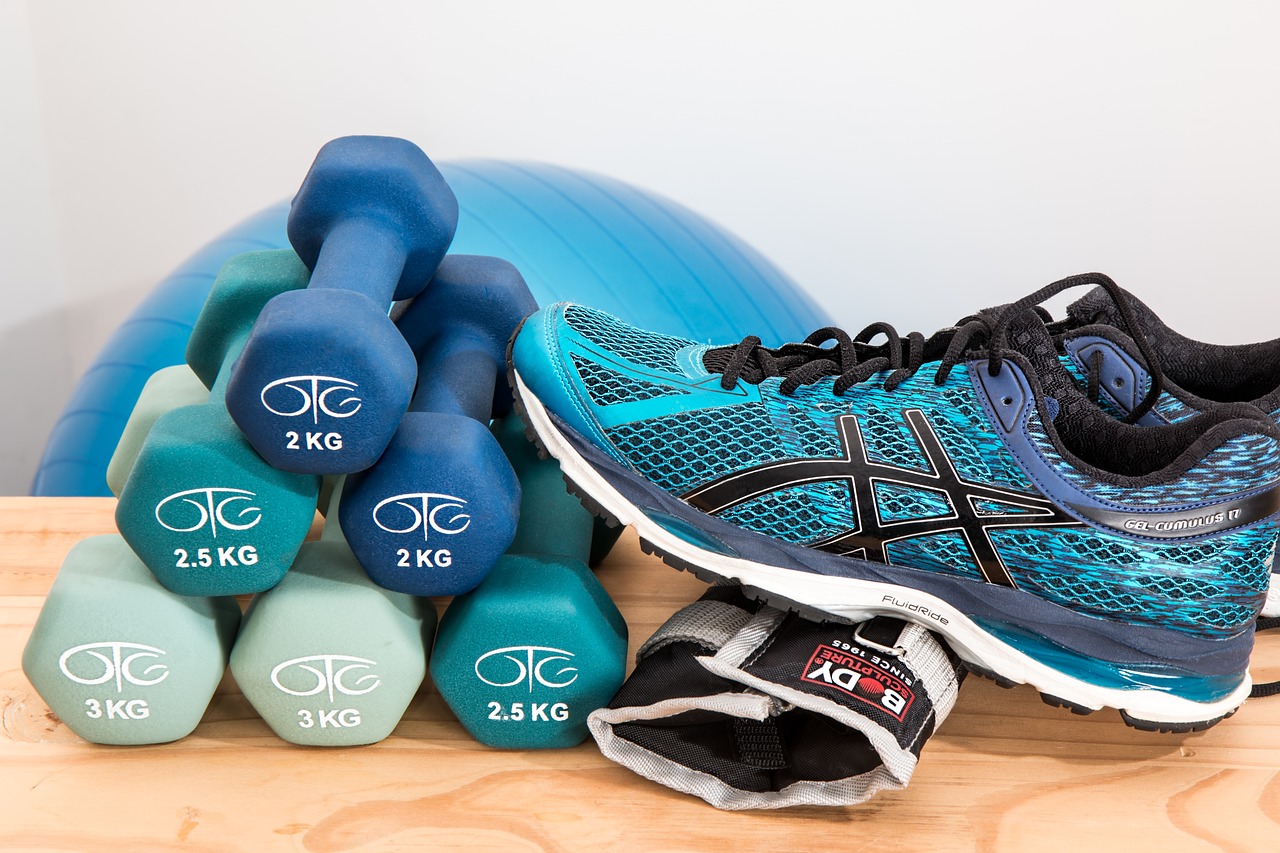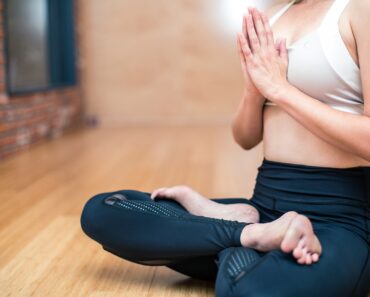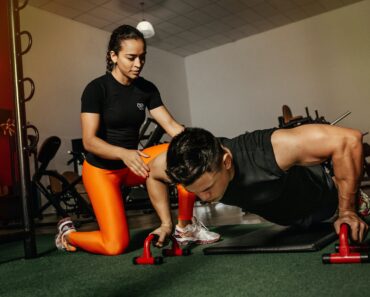ADVERTISEMENT

The debate about the best time to exercise has long intrigued fitness enthusiasts and health experts alike. Some argue that early morning workouts set the tone for a productive day, while others swear by the energizing effects of evening exercise after a long day’s work. The truth is, there is no one-size-fits-all answer to this question.
The ideal exercise time depends on individual preferences, lifestyle, fitness goals, and how the body responds to different times of the day. In this article, we will delve into the science behind exercise timing, exploring the advantages and disadvantages of working out at various times to help you make an informed decision about the best time to exercise for you.
Morning Exercise: A Boost to Kickstart Your Day
Increased Metabolism
Morning exercise can rev up your metabolism, helping you burn more calories throughout the day. A phenomenon known as excess post-exercise oxygen consumption (EPOC) causes the body to consume more oxygen after intense workouts, leading to higher energy expenditure even during rest.
Mood and Focus
Morning exercise releases endorphins, promoting a positive mood and reducing stress and anxiety. Furthermore, morning workouts can enhance mental focus and productivity throughout the day, making them an excellent choice for those with demanding work or study schedules.
Consistency
Exercising in the morning can establish a routine that becomes a natural part of your daily schedule. Regularity is key to achieving fitness goals and making exercise a habit is easier when it becomes an integral part of your morning routine.
Appetite Regulation
Some studies suggest that morning exercisers may experience better appetite regulation throughout the day, potentially aiding in weight management.
Afternoon Exercise: Optimal Performance and Injury Prevention
Body Temperature
As the day progresses, the body’s core temperature rises, leading to improved flexibility and reduced risk of injury during afternoon workouts. The increased body temperature also enhances muscle function and strength, making workouts more efficient.
Hormonal Balance
Testosterone and cortisol levels are at their highest during the afternoon, which can support muscle growth and enhance exercise performance.
Performance Peak
Studies have shown that physical performance, such as strength, power, and endurance, tends to peak during the late afternoon. This could make afternoon workouts ideal for athletes and individuals seeking to maximize their exercise performance.
Stress Relief
Afternoon exercise can be an excellent way to relieve the stress and tension that may have accumulated throughout the day, providing a natural energy boost to finish the day strong.
Evening Exercise: Unwinding and Sleep Enhancement
Stress Relief
Evening workouts can be an effective way to unwind and alleviate stress after a long day, helping you transition from work mode to relaxation mode.
Sleep Quality
Contrary to the misconception that evening exercise disrupts sleep, research indicates that moderate-intensity evening workouts can enhance sleep quality for some individuals. However, intense workouts close to bedtime may negatively affect sleep in some people.
Performance Adaptation
Studies have suggested that the body may adapt to exercise at different times of the day. If evening workouts become a consistent part of your routine, your body may adapt and perform better during that time.
Social Interaction
Evening exercise classes or group activities provide an opportunity for social interaction, fostering a sense of community and accountability.
The Influence of Chronotype on Exercise Timing
Individuals have different biological rhythms known as chronotypes, which influence their natural preferences for sleep and activity patterns. The most common chronotypes are morning types (or “larks”), evening types (or “night owls”), and intermediate types. Understanding your chronotype can help you choose the optimal exercise time that aligns with your natural body clock for improved performance and adherence.
Morning Types
Morning types tend to feel more alert and energetic in the early hours of the day. They may find it easier to wake up early for morning workouts and feel a surge of motivation during this time.
Evening Types
Evening types experience peak alertness and energy in the late afternoon and evening. They may struggle with early morning workouts but find that their exercise performance improves as the day progresses.
Intermediate Types
Intermediate types have a more balanced preference for morning and evening activities. They may have some flexibility in choosing their exercise time and might feel comfortable with both morning and afternoon workouts.
Tips for Choosing the Best Exercise Time
Pay attention to how your body feels at different times of the day. Consider factors like energy levels, alertness, and mood to identify when you feel most motivated and perform best during workouts.
Listen to Your Body
Personal and Work Commitments: Consider your daily schedule and commitments, including work, family, and social obligations, when deciding on the best exercise time. The time that aligns with your schedule is more likely to become a consistent habit.
Experiment
If you are unsure about the best exercise time, experiment with workouts at different times of the day for a few weeks. Monitor your performance, mood, and energy levels to assess which time suits you best.
Warm-Up Properly
Regardless of the time you choose to exercise, warming up before your workout is crucial. A proper warm-up prepares your body for physical activity, reducing the risk of injury and improving exercise performance.
Stay Hydrated
Maintain proper hydration throughout the day, especially during and after exercise. Proper hydration supports exercise performance and overall health.
Conclusion
The best time to exercise ultimately depends on your individual preferences, lifestyle, and how your body responds to different times of the day. Morning exercise can provide an energetic start to the day, boost metabolism, and enhance mood and focus. Afternoon workouts may optimize physical performance and reduce the risk of injury due to increased body temperature and hormonal levels. Evening exercise can be an excellent way to unwind, relieve stress, and improve sleep quality for some individuals.
Understanding your chronotype and considering personal and work commitments can also help you choose the best exercise time. Regardless of the time you choose, staying consistent with your workouts and prioritizing your overall health and well-being should be the ultimate goal. Always listen to your body, warm up properly, and stay hydrated to make the most of your exercise routine, regardless of the time of day you choose to work out.
ADVERTISEMENT





